Sikkim is a unique blend of different religion, customs and traditions of different communities. In the ancient times, Sikkim was occupied by three tribes; Naong, Chang and the Mon. But with the course of time, the inhabitants of the nearby countries became a major inhabitant of the state. That includes the Lepchas; the clan of Nagas from Tibet, are one of the tribal groups, the Bhutias; the descendents of Buddhists from Tibet and the Nepalese; the descendents of the Hindus from Nepal, which now dominates the considerable portion of the Sikkim’s population. And hence, Nepali is the most common among all the languages in Sikkim. The Tibetan Bhutias, secured their deep rooted ties to the tradition and belief since the last three centuries they had been settled in Sikkim. Living together harmoniously, the Sikkimese Bhutias and Tibetans display the cultural, social and linguistic commonness in between.
Sikkim is like a beautiful bouquet that is adorned with the amazing colors and essence of different flowers, in the form of attractive folk dances, customs and traditions of different tribes and castes. Their exuberant religious festivals bring along with them the ceremonial mask dance performed by the monks with superfluous energy and zeal. The swords and sparkling jewellery add to the authenticity of the performance while they dance to the resounding drums and trumpeting of horns. Saga Dawa is one of such auspicious festivals, celebrated by the people who follow Mahayana form of Buddhism.

On which, they go to monasteries and offer butter lamps along with the prayers. Later, the colorful procession adorned by the monks chanting holy scriptures, go around the town of Sikkim. The earliest inhabitant of the state; the Lepchas, were the believers of Bon faith and mune faith based on spirits, before they turned Buddhist or Christians.
The mountains, rivers, forests etc, that are the spirit of Nature, generally considered as God by them. The phang labsol is one of the festivals celebrated by them, when they offer gratitude to the Mount Kanchendzonga which is considered as a powerful guard of the state. Desian festival is celebrated in the month of sept-oct, which symbolizes the victory of good over evil, just like the hindu festival ‘Dussehra’, and Diwali is celebrated on the 10th day after Dasian. Then there is very solemn Kagyat dance performed every 28th or 29th day of the Tibetan calendar. Other than these there are several other festivals celebrated by the people living in Sikkim namely Losoong, Namoong, Labab Duchen, Yuma-Sam-Manghim, Tendong-Iho-Rum-Fat etc.






















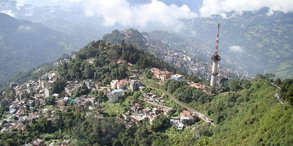
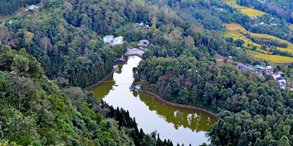
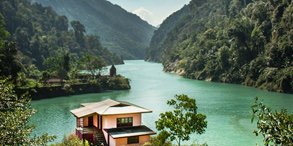
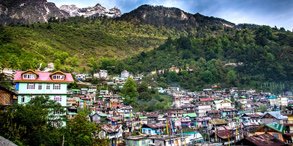
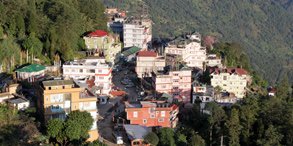
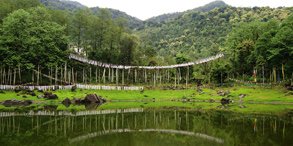
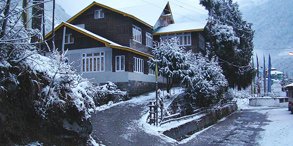
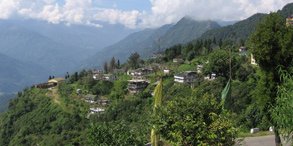
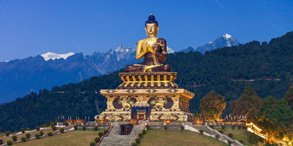
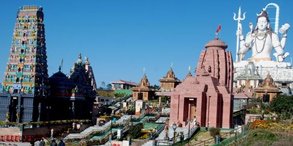
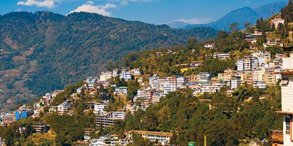
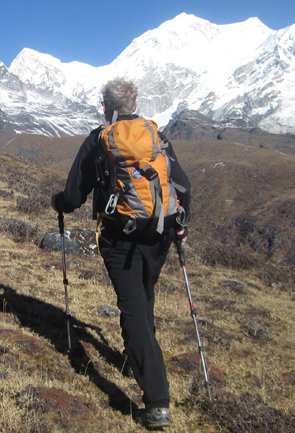
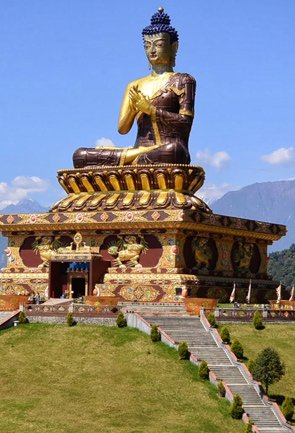
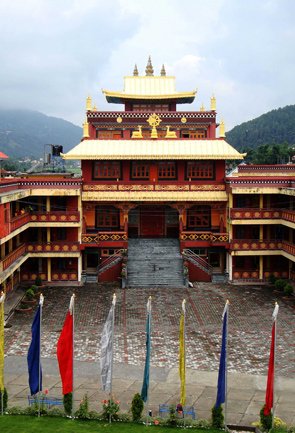
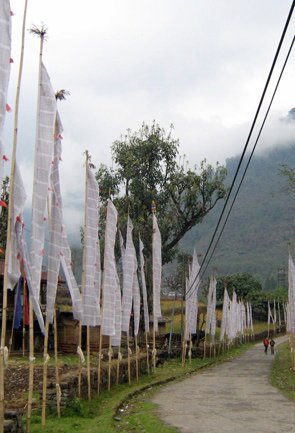
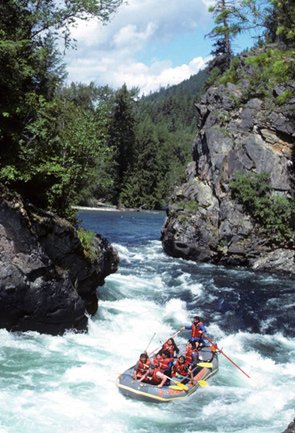

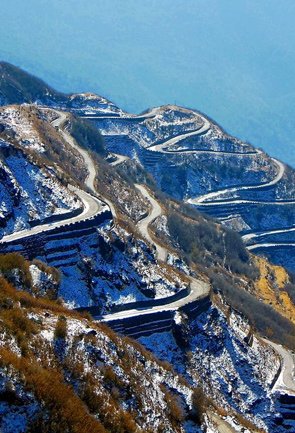

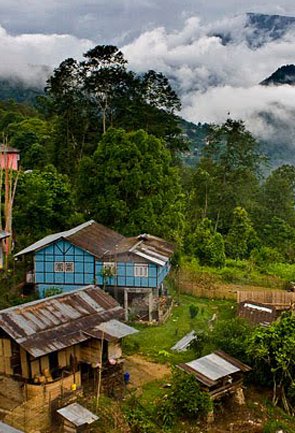
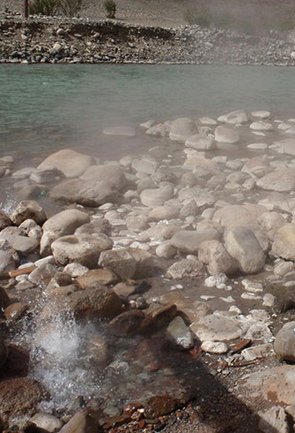
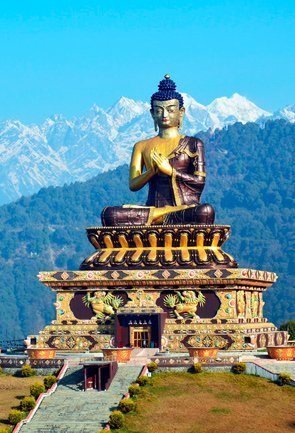

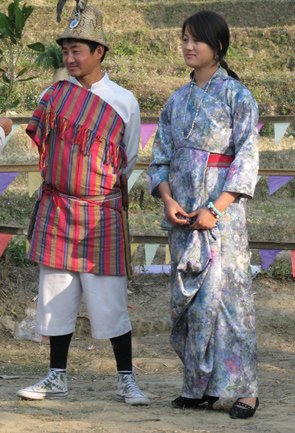
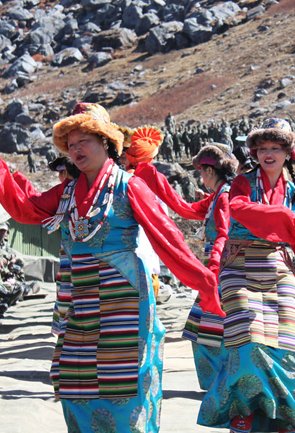
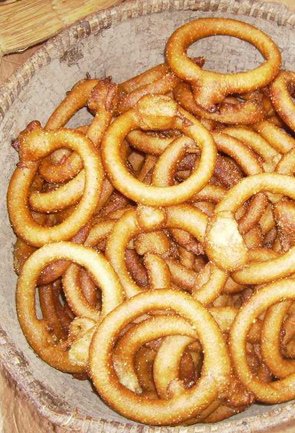


 Plan Trip
Plan Trip Call Us
Call Us Packages
Packages Home
Home